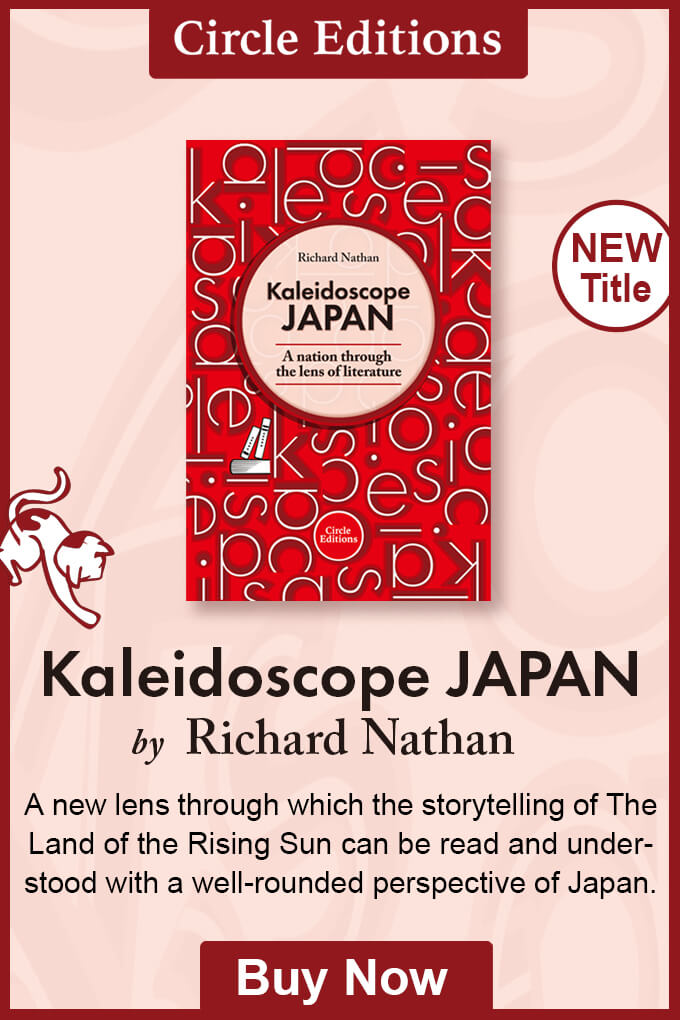Another very well known example is Yukio Mishima (1925-1970) who famously and publicly committed suicide. His spectacular death, age 45, in November two month before his birthday, made international news and confirmed his position as Japan’s most internationally famous individual and notorious author.
Osamu Dazai (1909-1948) author of the novel No Longer Human, which alongside Dazai himself, is often cited by contemporary male Japanese writers as their favorite, also killed himself. Dazai, who attempted suicide several times from an early age, idolized Ryunosuke Akutagawa, whose death in 1927 had a very profound and terrible impact on him.
Sadly, Dazai’s own death in turn had a terrible impact on Hidemitsu Tanaka (1913-1949), the Olympic rower and novelist he mentored, who also killed himself. Tanaka wrote two Olympic related novels Orinposu no Kajitsu, The Fruit of Olympus, (1940) and Tantei Soshu, The Boat Rower, (1944). Tanaka killed himself at Dazai’s grave the year after Dazai’s death.
There is no doubt over how these four famous authors died, but Kawabata’s suicide is considered by some, including his wife, as accidental. Nevertheless, his death and the circumstances were reported widely and internationally as suicide in publications such as The New York Times, for instance.
Kawabata helped Mishima at several important points in his life and the two were close. Kawabata officiated at Mishima’s funeral, which was attended by thousands. However, unlike Mishima, Kawabata was at the end for his career and in poor heath when he died on the 16 April 1972, 17 months after Mishima.
Other well known Japanese authors included in the list of more than 50 authors who reportedly killed themselves are Takeo Arishima (1878-1923), Tamaki Hara (1905-1951) Ashihei Hino (1907-1960), Izumi Suzuki (1949-1986) and Hisashi Nozawa (1960-2004). And no doubt other lesser known and aspiring authors make have also taken their own lives.
Japan is often associated with suicide partly due to its Kamikaze pilots in the war and stories about famous Samurai warriors. However, it does, in fact have a higher suicide rate than many nations.
According to OECD data, Japan’s suicide rate is 18.7 per 100,000 one of the world’s highest rates amongst the nations surveyed by the OECD, and about 60 percent higher than the world average, but behind South Korea, which has an even higher rate at 28.7.
People often cite Japan’s long tradition of an ‘honourable suicide’ as one reason for the high rate and also the lack of the Christian concept of sin and suicide being one such sin.
© Red Circle Authors Limited

